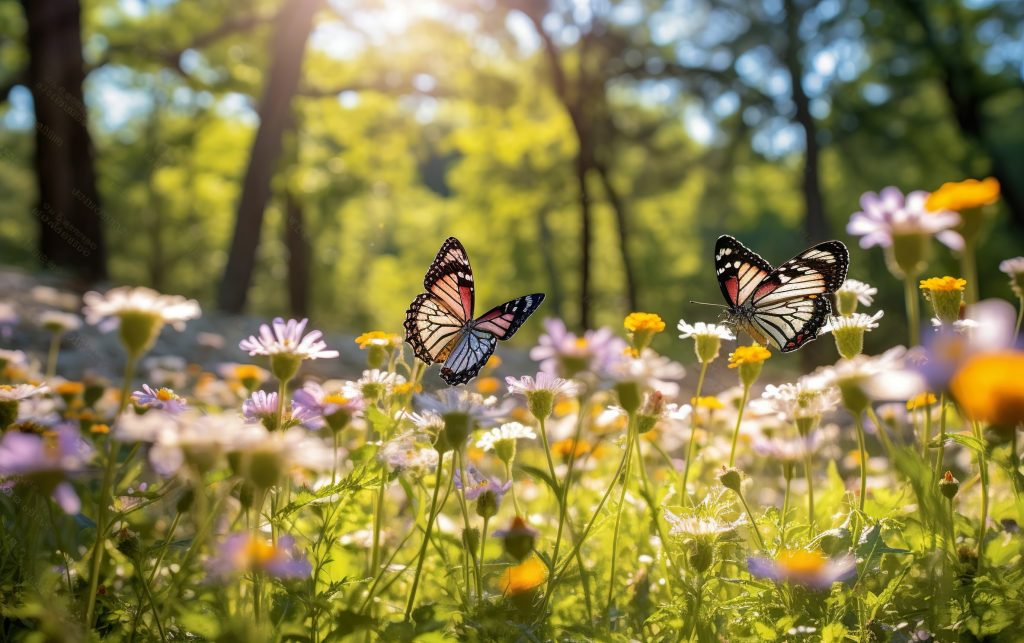Tag: climate change
Peatlogy in tropical peatland: A new transdisciplinary science

The Earth Anomaly – climate change, global warming, and ecological and environmental (E&E) degradation of land – presents a complex existential crisis for mankind. Based on field studies in tropical peatlands, Professor Mitsuru Osaki and his collaborators have developed an innovative transdisciplinary peatland science – Peatlogy – to address this complexity. Peatlogy in tropical peatland offers a holistic approach that […]
Read More… from Peatlogy in tropical peatland: A new transdisciplinary science
Embracing Indigenous knowledge for sustainable urban transformation

Mainstream governance structures are rooted in Eurocentric approaches. At the University of Waikato in Hamilton, New Zealand, Dr Rita Dionisio studies culturally reflective, place-based approaches to improving and measuring socio-ecological wellbeing in the face of climate change and declining socio-economic conditions. Dionisio argues that Indigenous-led philosophies and practices offer the opportunity to decolonise urban governance and embrace collaborative planning and partnerships […]
Read More… from Embracing Indigenous knowledge for sustainable urban transformation
Water, water everywhere, not a drop to drink: Political stagnation and water fragility in South Africa’s Free State

After 30 years of post-Apartheid single-party rule, corruption and ineffective governance are widespread in South Africa. In the Free State Province, the situation with respect to water and sanitation provision is so dire that it amounts to a human rights crisis. Reinstating water rights and addressing Free State water fragility will require a paradigm shift in the political landscape, not […]
Ecology in our cities: Why urban biodiversity matters

In the UK, conservation charity Plantlife runs an annual campaign to raise awareness of the detrimental effects of excessive lawnmowing. A perfectly manicured lawn may have once been something to be proud of, but keeping grasses cut down is deleterious to the environment. This year, the ‘No Mow May’ campaign reached even more people than in previous years, and helped […]
Read More… from Ecology in our cities: Why urban biodiversity matters
Sustainable building strategies to combat climate change in Africa

In response to climate change, we often resort to energy-intensive heating and cooling systems to maintain thermal comfort within buildings. However, passive solar systems (which harness solar radiation) and smart building designs (that create optimal indoor conditions) are now being adopted across Africa to reduce energy consumption. Building on previous investigations into passive solar systems and design, Michael Santos and […]
Read More… from Sustainable building strategies to combat climate change in Africa
Multiple benefits of molasses nutrient blocks for cattle: Helping the fight against climate change

In Southeast Asia, with its burgeoning economies, smallholder livestock production is in a promising transition stage, yet overall remains inefficient. Dr Peter Windsor, Professor Emeritus at the Sydney School of Veterinary Science at the University of Sydney, Australia, and a team of researchers in Laos, have adapted the humble feed block into an effective multi-intervention livestock development strategy that could […]
When less is more: Downscaling climate data for improved modelling

Accurate climate modelling requires long-term, high-resolution, and high-quality time series data. However, such datasets are often not available, especially in the Global South. Dr Andrew Fullhart (US Department of Agriculture) is utilising global climate datasets and machine learning to improve global coverage of gridded data. The results provide accurate monthly and daily time series for precipitation across Africa and South […]
Read More… from When less is more: Downscaling climate data for improved modelling
Triharmony/Trilemma of Carbon Assets in tropical peatland

Tropical peatlands provide globally important reservoirs of water and carbon, and the cycles of these two elements are intricately connected. At Hokkaido University, Sumitomo Forestry Co, Ltd, Japan, and BRIN, Indonesia, scientists have developed a model for mapping carbon emissions from tropical peatlands. Their integrated monitoring, reporting, and verifying (iMRV) system measures dynamic changes in water and carbon cycles, biomass […]
Read More… from Triharmony/Trilemma of Carbon Assets in tropical peatland
Fieldlogy Science: A new transdisciplinary science for Earth’s regeneration

Fieldlogy, a new transdisciplinary science for the biosphere and geosphere, draws on ecological, environmental, and economic fields. The approach incorporates mutual interactions, cause-and-effect sequences, feedback systems, self-organising, fusion systems, and multiplicity. It aims to enhance natural capital through the application of Nature-based Solutions (NbS) rather than Industrial Technology-based Solutions (ITbS). ITbS cannot regenerate Earth’s systems due their huge cost and […]
Read More… from Fieldlogy Science: A new transdisciplinary science for Earth’s regeneration
Climate justice: International Open Access Week 2022

#OAWeek…is now open! Open access to knowledge is essential for tackling the climate emergency. ‘Openness can create pathways to more equitable knowledge sharing and serve as a means to address the inequities that shape the impacts of climate change and our response to them’, says SPARC, the organisers of International Open Access Week 2022. Opening on the 24th of October […]
Read More… from Climate justice: International Open Access Week 2022